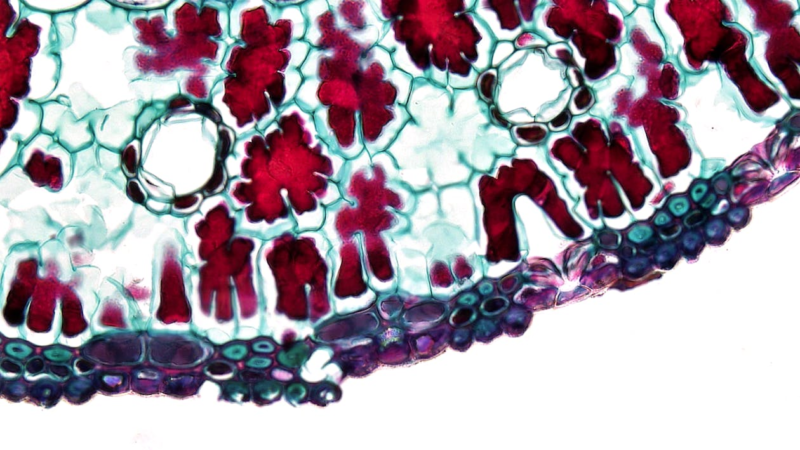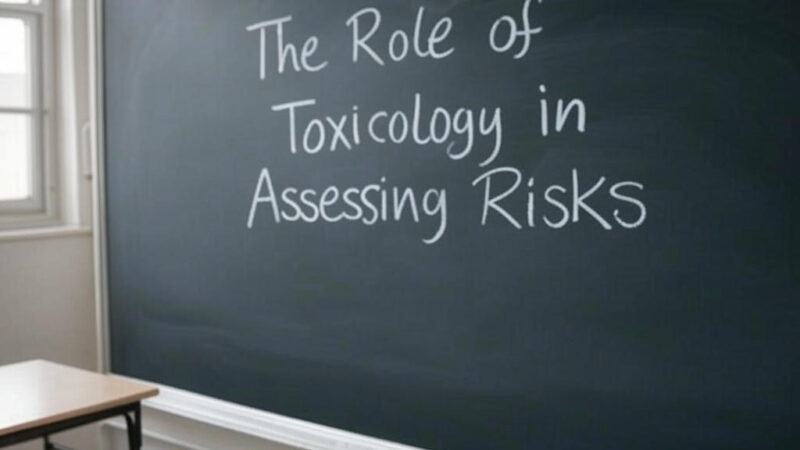Puppy Care 101: A Beginner’s Guide
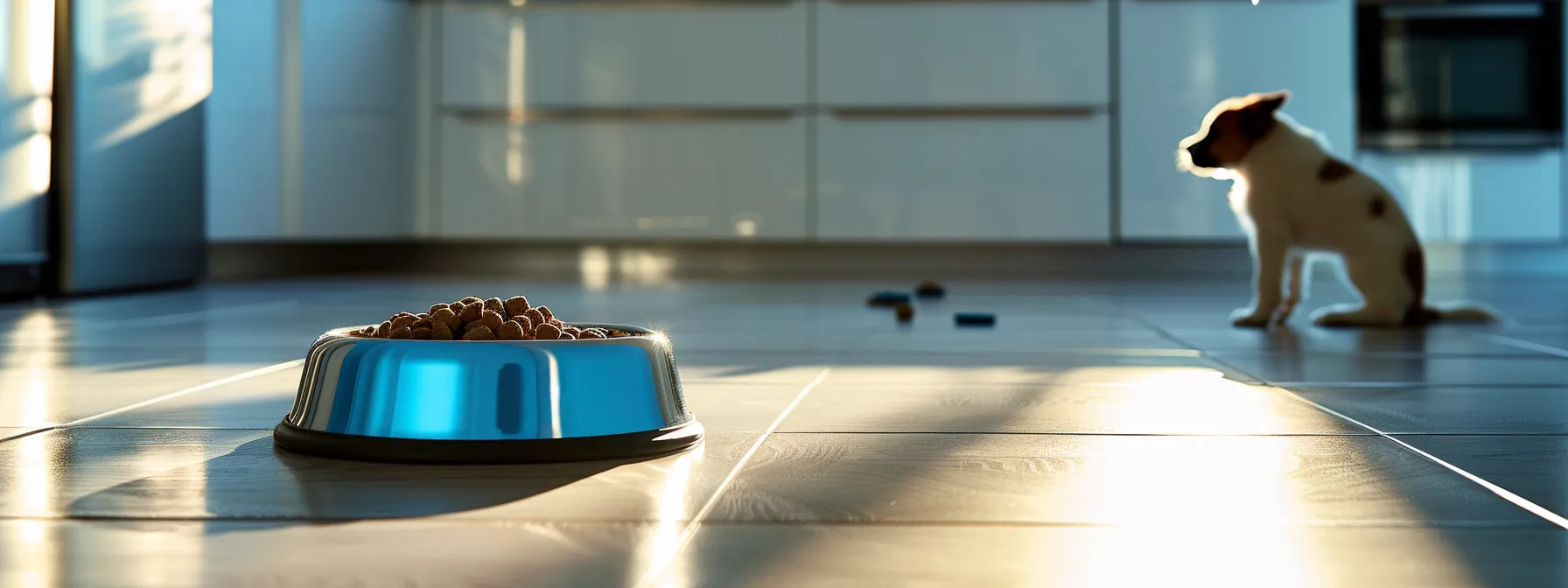
Welcome a new puppy in your home is an exciting journey full of cuddling and playing time, but also a considerable amount of responsibility. As a new pet owner, it is important to understand the needs of their growing puppy to secure their well -being and happiness. From their development milestones to adequate nutrition and health care, there is a lot to consider to offer the best start for your four -legged friend. In this article we will guide you through the basics of puppy care and provide you with the knowledge you need to get a healthy and well -adapted corner tooth attendant.
Creating a healthy feeding routine for your puppy
Nutrition is a cornerstone when increasing a healthy puppy and it is of crucial importance to establish a feeding routine at an early stage. Puppies generally have to be fed three to four times a day. This helps to keep your energy levels stable and supports your fast growth. Always make sure that fresh water is available for maintaining the liquid supply.
The quality of puppy food is just as important as the consistency of feeding routines. Find diets that are specially formulated for puppies because they have different nutritional needs than adult dogs. Premium puppy feed will have the right balance between protein, fat and carbohydrates as well as essential vitamins and minerals for optimal development.
Feeding your puppy authorities should be an occasional reward than a regular event, since overfeeding can lead to weight problems and health problems. Choose healthy options when choosing delicacies and take Paw Tree puppy training training into account, which can also be used constructively during the training sessions. As a result, they not only feel loved, but also the good behavior.
Checklist for essential puppy accessories
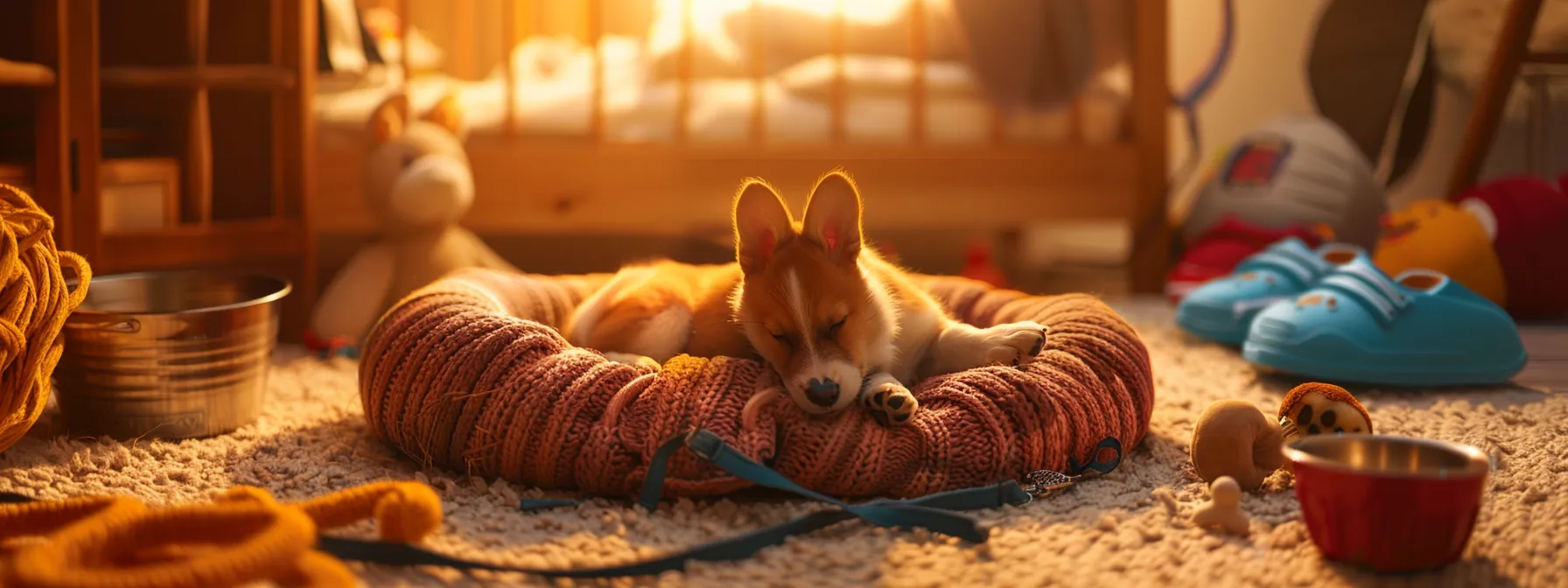
Before your puppy arrives, make sure that you are well prepared with all the necessary supplies. A comfortable bed is essential for a good night’s rest, while durable cake streams can keep your growing teeth and gums healthy. Food and water bowls are a daily necessity, and it would be wise to decide robust, easy to reduce materials.
Linen and collar are also of great importance, especially for training and walks. Consider an adjustable collar while the puppies grow quickly and make sure that the leash is strong enough to deal with your energy. Choose a wiring harness if you have a breed that is susceptible to breathing problems or a secure option for training. Identification tags and microchips are also of crucial importance for the safety of your pet.
The care supplies such as brushes, shampoo and nail clipper help to maintain the coat and the overall hygiene of your puppy. Breden -specific foster tools may be necessary depending on the type of fur your puppy. Plan regular care sessions to connect and check for skin problems.
Train your puppy: basic commands and house teams
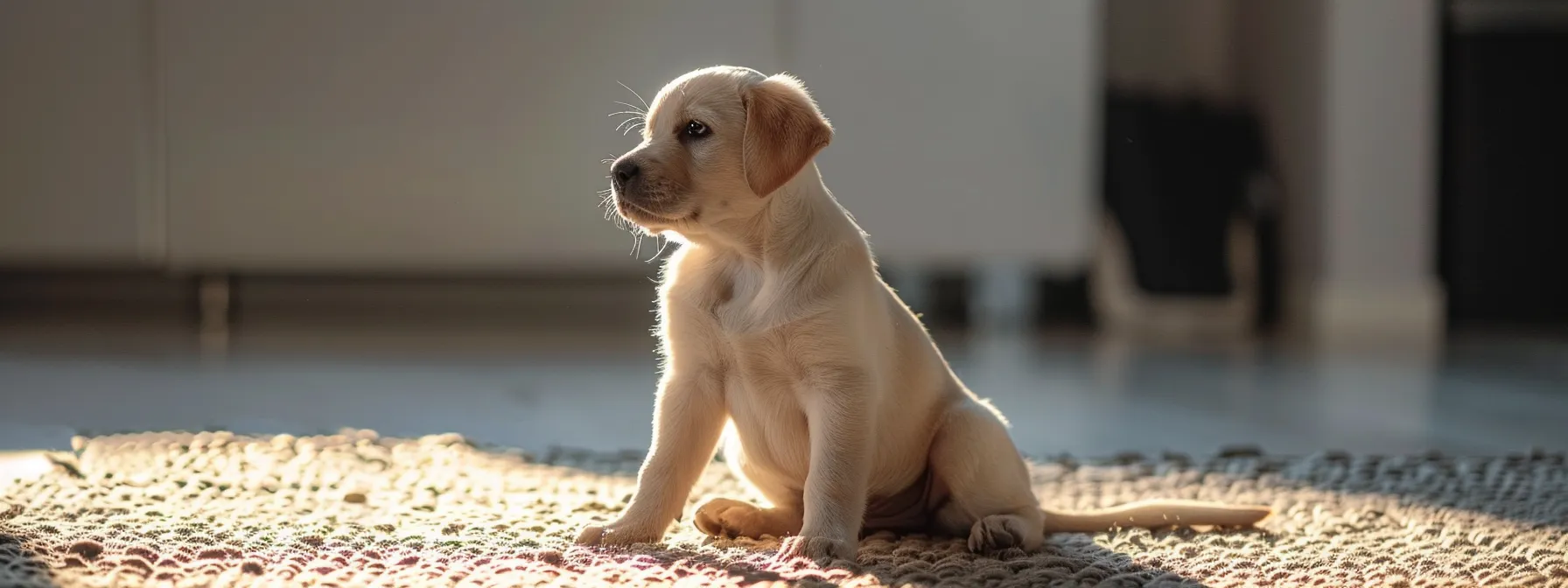
The training should begin the moment your puppy comes into your home. Basic commands such as “Sit”, “Stay”, “Come” and “Down” are of fundamental importance for the security of your puppy and her mental health. Consistence and patience are the key during training. Puppies learn through repetition and positive reinforcement. So reward good behavior with praise and delicacies.
House manners are another crucial aspect of the training. This includes everything, from box training to toilet training. Puppies live from routine, so set a schedule for meals, pauses and bedtime. Use consistent commands and bring your puppy to the same place every time to get bathroom breaks to strengthen the habit.
Bite and chewing are natural behaviors for puppies, especially if they are payers. By providing appropriate chicken stuff, this behavior can be derived from your furniture and shoes. Always monitor the interactions with children and other pets and teach your puppy gently game from Klein.
Common concerns about the health of puppies and preventive care tips
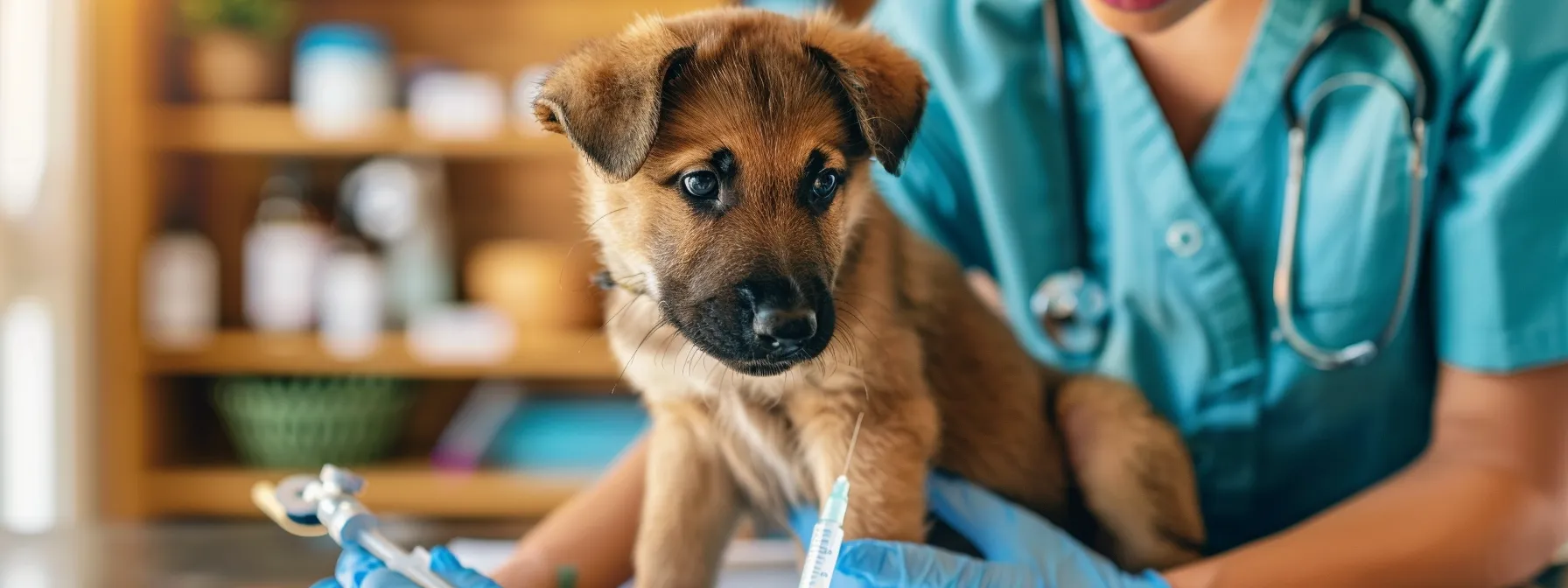
Prevention is crucial to ensure a long and healthy life for your puppy. Vaccinations that should start at the age of about six to eight weeks protect against frequent dog diseases such as parvovirus, distemper and rabies. Stick to the vaccination plan recommended by your veterinarian to ensure full protection.
The parasite control is another preventive measure to keep your puppy healthy. Fleas, ticks and worms can not only make your pet uncomfortable, but also lead to serious health problems. Regular treatment and prevention are available, and maintaining a clean environment helps to keep these pests in check.
Overall, the increase in a puppy is a rewarding experience that requires commitment, love and adequate care. If you understand the basics of puppy care, from feeding and training to health management, provide the basis for a joyful and fulfilling relationship with your new four -legged family member. Remember that every puppy is unique and what works for you may not work for someone else. So be attentive and adaptable to the individual needs of your pet. With these tips and their commitment, your puppy will flourish to a trustworthy and valued companion.



